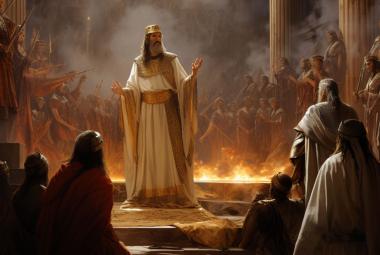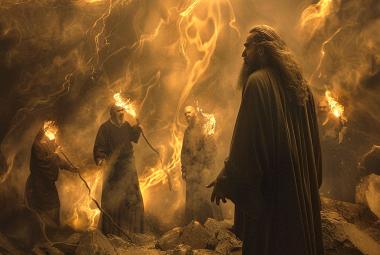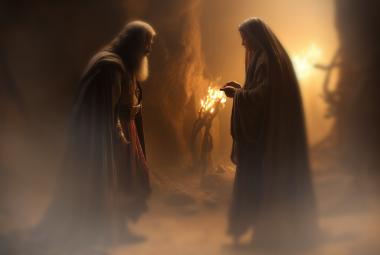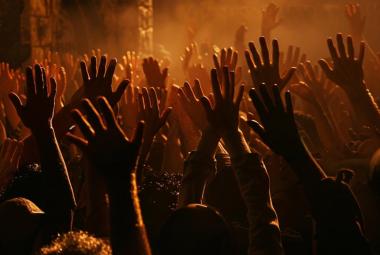One voter in each precinct of the United States will determine the next president of the United States. One vote. That's a big weapon you have there, Mister. In 1948, just one additional vote in each precinct would have elected Dewey. In 1960, one vote in each precinct in Illinois would have elected Nixon. One vote.
One morning in 1844, a grain miller from DeKalb County, Indiana, was walking toward his mill. It was Election Day, but he had work to do and did not intend to vote. Before he reached the mill, however, he was stopped by friends who persuaded him to go to the polls. As it happened, the candidate for whom he voted won a seat in the state legislature-by a margin of one vote.
Now, when the Indiana Legislature convened, the man elected from DeKalb cast the deciding vote that sent Edward Allen Hennegan to the United States Senate. Then, in the Senate, when the question of statehood for Texas came up, there was a tie vote. But who do you suppose was presiding as president pro tempore? Hennegan. He cast the deciding vote from the chair. So, Texas was admitted to the union because a miller in DeKalb County, Indiana, went 10 minutes out of his way to cast...one vote.
More? Thomas Jefferson was elected president by one vote in the Electoral College. So was John Quincy Adams. One vote gave statehood to California, Idaho, Oregon, Texas and Washington. The Draft Act of World War II passed the House by one vote.
Over 200 million Americans are eligible to vote this year. Less than half will. Plato said it: The penalty good men pay for indifference to public affairs is to be ruled by evil men. So your vote is important. Historically, you use it...or you lose it. If you're not sure for whom you should vote, turn to a newspaper you can trust. Because everything we've won in 10 wars at the point of a gun can be taken away one vote at a time. Edmund Burke said it another way: All that is necessary for the forces of evil to win in this world is for enough good men to do nothing.





